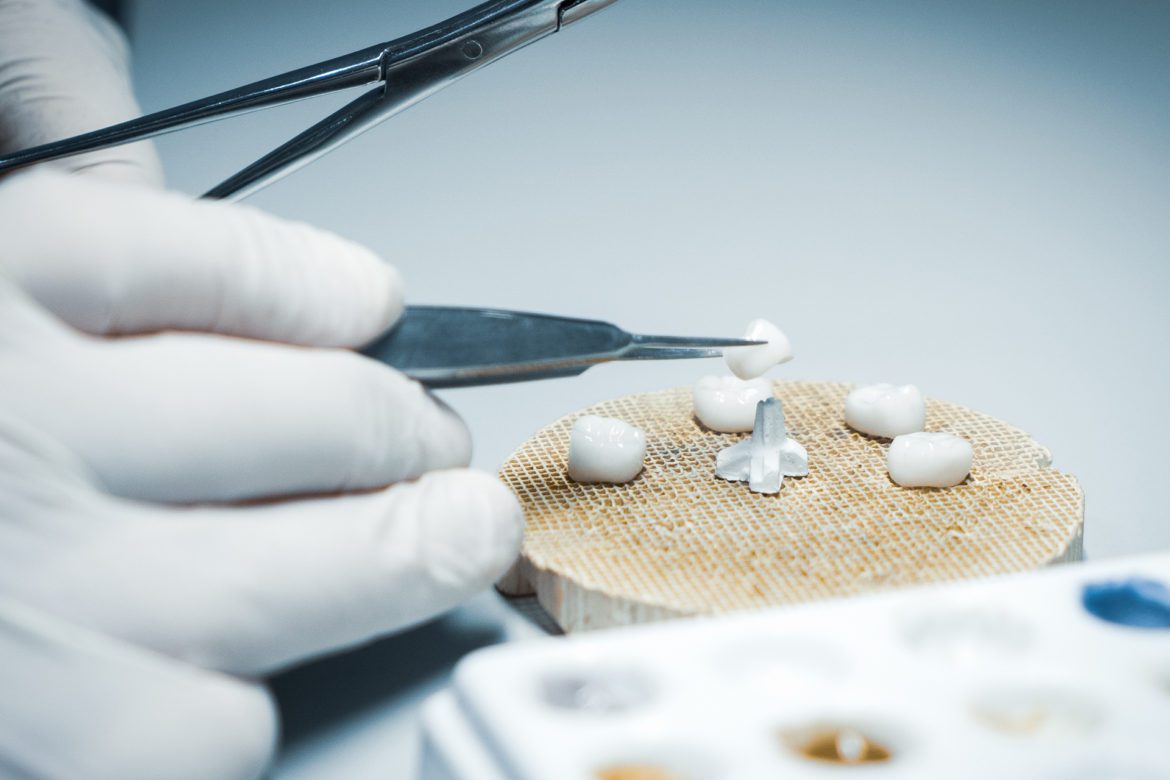Dental implants are the closest thing humans have to replacing a natural tooth. Dental implants are not just about replacing missing teeth; they are about restoring smiles and confidence. They are a real game changer. In that case, they are precious, aren’t they? Having spent quite a sum on getting your dental implant smile makeover, you ought to take care of them.
They provide a durable and long lasting alternative to conventional dentures and bridges, offering stability and functionality similar to natural teeth. However, like any medical procedure, a dental implant also has a risk of failure. Reason to understand the dental implant failure options and how to avoid dental implant complications.
Tips To Avoid Dental Implant Complications
Dental implants, like any other prosthetic replacement surgery on the body, can have complications if not properly planned. Here are some guidelines to ensure successful implant implantation and reduce the chance of complications:
Participate In The Treatment Plan
A thorough, full-body examination is necessary before the implant procedure. This includes checking for blood sugar levels, calcium, and vitamin D levels, bleeding time and clotting time, bone density, and radiographs of the jaw. If any pre-existing issues could compromise the implant’s success, a comprehensive treatment plan should be created to address them. You should work closely with your implantologist to understand the procedure of dental implants from start to finish.
Follow All Post-Procedure Instructions Closely
Your dentist will provide you with detailed post-operative instructions after the implant surgery. It is essential to carefully follow instructions to ensure proper healing and lower the likelihood of complications.
Diet Restrictions
Any excessive pressure can impede the osseointegration process, delay healing, or result in the failure of a dental implant. During the initial phases of dental implant integration with the bone, biting down on very hard, crunchy, and sticky foods might be harmful. Post dental implant surgery, be prepared to follow a soft, easily chewable, and nutritious diet for at least the first few weeks.
No Smoking
It has been scientifically proven that smoking limits blood flow. This reduces the amount of blood supplying oxygen and nutrients to the jaw bone, slowing down the healing and integration of the dental implant with the bone. Smoking significantly raises the risk of dental implant failure because it hinders surgical healing.
Avoiding smoking altogether is the only way to stop it from being a factor in dental implant failure. Smokers should be prepared to stop smoking at least one to two weeks before their procedure and should continue to abstain for at least four to six weeks afterward, but preferably longer.
Maintain Excellent Oral Hygiene
It is essential to maintain good oral hygiene both before and after implant surgery. To lower the chances of implant failure, brush your teeth at least twice a day, floss frequently, and use a disinfecting mouthwash. By maintaining appropriate dental hygiene, it is possible to prevent peri-implantitis, an infection of the tissues surrounding the implant.
Visit Your Dentist Periodically
To keep an eye on the stability and health of your dental implants, schedule routine checkups with your dentist. In addition to inspecting the implant site and surrounding tissues, your dentist may decide to take X-rays. Any potential problems that are caught early enough can help stop complications from getting worse.
Conclusion
The dental implant failure options include a free replacement of the implant and a repeat surgery. However, isn’t it better to avoid dental implant complications, by meticulously following the guidelines? The success of dental implants depends on several factors, and each patient is unique. Implementing these recommendations along with regular communication with your implantologist will minimize the risk of problems and maximize the longevity of your dental implants.

